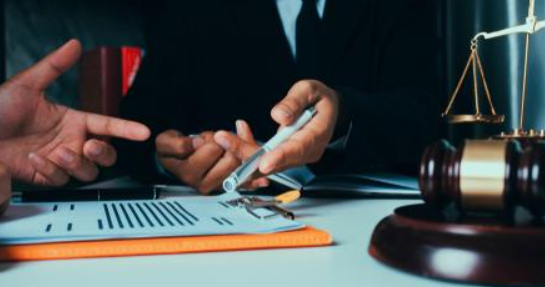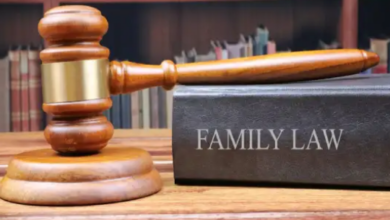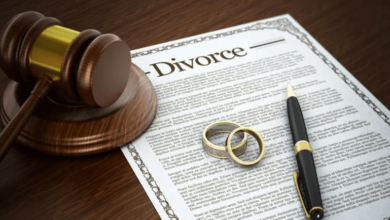Premises Liability Defenses Used by Insurance Companies in Georgia

Under Georgia law, individuals can be held liable for injuries resulting from their failure to maintain safe and clean premises. Therefore, if you are involved in an accident on someone else’s property resulting in injuries such as broken bones, you have the option to file a premises liability lawsuit. You may be eligible to receive compensation from the insurance company for your damages.
However, it’s important to recognize that the insurance company is unlikely to make the process as straightforward as it might seem. These insurance companies are assertive in safeguarding their financial interests and are prepared to take various measures to retain their funds. If you are contemplating filing a claim, it’s crucial to familiarize yourself with the common defenses that might be employed against your case. Equally important is the decision to hire a Sandy Springs injury lawyer.
Common Premises Liability Defenses Employed by Insurance Companies
1. Lack of Notice:
To substantiate a premises liability claim, the plaintiff must demonstrate that the store or property owner was aware of the hazard and had sufficient time to rectify or remove it. If the owner can prove that they were not made aware of the situation, they may not be held liable for the plaintiff’s injuries. For instance, there are instances when employees are aware of a hazard but fail to inform the owner.
2. Assumption of Risk:
Winning compensation in a premises liability case typically necessitates demonstrating that the hazard was unforeseeable or that there was no reasonable way for the plaintiff to anticipate the danger. If the defendant can establish that the hazard was blatantly obvious, and that the plaintiff should have reasonably assumed the risk, they may not be obligated to provide compensation. For instance, if someone enters a property with clear signage indicating an aggressive dog and subsequently gets bitten by the dog.
3. Trespassing:
Trespassing involves entering another person’s property without their permission, and many properties display “No Trespassing” signs. If the property owner has prominently posted such signs, or if you were trespassing on another person’s property without their knowledge, the owner may not be held responsible for your injuries and damages.
4. Fault of the Alleged Victim:
In many premises liability cases, the plaintiff’s actions can contribute to the incident, making them partially or entirely responsible for their damages. A person might share responsibility for their injuries if they ignored warning signs, failed to wear appropriate clothing, or neglected to pay attention to their surroundings.
If you sustained injuries on another person’s property or within a store, it’s advisable to contact an attorney without delay.




